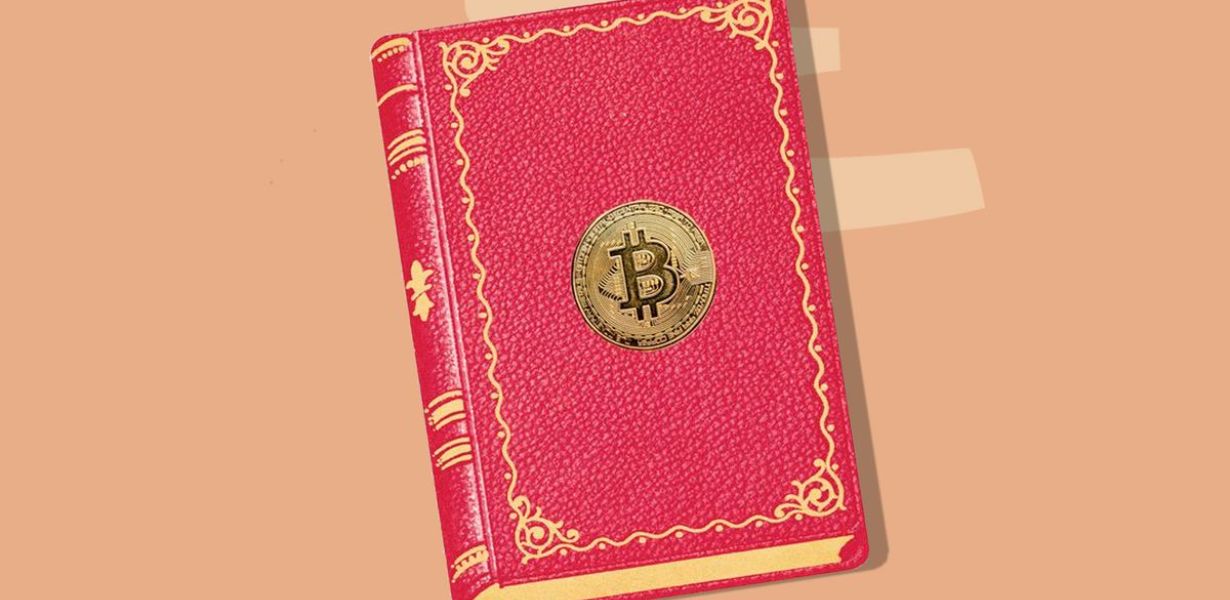
In the ever-evolving landscape of the publishing industry, blockchain technology has emerged as a game-changer, offering transparency, security, and efficiency. The integration of blockchain in publishing is not merely a trend; it’s a paradigm shift that brings a multitude of benefits to authors, publishers, and readers alike. In this in-depth exploration, we delve into the world of blockchain and its profound impact on the realm of books.
The Blockchain Revolution
Blockchain technology, often associated with cryptocurrencies, has found a significant foothold in various sectors, including publishing. At its core, blockchain is a decentralized, distributed ledger that records transactions securely. It provides transparency, security, and trust in a world where digital piracy and copyright issues run rampant.
Immutable Book Records
One of the most compelling aspects of blockchain in publishing is the creation of immutable book records. Every edition, every change, and every transaction related to a book is stored on the blockchain. This not only ensures the integrity of a book’s content but also establishes a verifiable history of the book’s evolution.
Copyright Protection
Authors and publishers have long grappled with issues of copyright infringement. Blockchain offers an elegant solution by timestamping and encrypting every piece of content. This timestamp, often referred to as a “hash,” provides an unforgeable proof of ownership.
Smart Contracts in Publishing
Smart contracts, self-executing agreements with the terms directly written into code, streamline royalty payments. When a book is sold or licensed, smart contracts automatically allocate royalties to the respective parties, eliminating the need for intermediaries.
Enhanced Royalty Tracking
With blockchain, royalty tracking becomes a transparent and automated process. Authors can monitor real-time sales and royalties, reducing disputes and ensuring a fair share of their book’s earnings.
Digital Rights Management (DRM)
Blockchain offers a new approach to digital rights management. Instead of relying on centralized servers, books and their access rights are recorded on a decentralized blockchain. This ensures that only authorized individuals can access the content.
Eliminating Middlemen
Traditional publishing involves multiple intermediaries, each taking a cut of the profits. Blockchain technology facilitates peer-to-peer transactions, reducing the need for agents, distributors, and other intermediaries.
Global Accessibility
Blockchain’s decentralized nature makes books accessible worldwide. Readers can access books without restrictions imposed by geography or bureaucracy, fostering a more inclusive reading culture.
Challenges and Concerns
While blockchain offers numerous benefits, it’s not without challenges. Issues such as scalability, user adoption, and energy consumption need to be addressed as the technology continues to evolve.
Future of Publishing with Blockchain
The future of publishing is undeniably intertwined with blockchain technology. As it matures and becomes more widely adopted, we can expect a publishing industry that is more equitable, efficient, and accessible to all.
Final Words
In the fast-paced world of publishing, blockchain stands as a beacon of hope. It safeguards intellectual property, ensures fair compensation, and fosters a global reading community. The adoption of blockchain technology is not a choice; it’s a necessity in the digital age.
Commonly Asked Questions
1. How does blockchain protect copyright in publishing?
Blockchain protects copyright by timestamping and encrypting content, creating an unforgeable proof of ownership.
2. What are smart contracts in publishing, and how do they work?
Smart contracts are self-executing agreements that automate royalty payments in publishing, ensuring authors receive their fair share.
3. Can blockchain technology eliminate intermediaries in the publishing industry?
Yes, blockchain enables peer-to-peer transactions, reducing the need for agents, distributors, and other intermediaries.
4. What challenges does blockchain face in publishing?
Blockchain faces challenges such as scalability, user adoption, and energy consumption that need to be addressed for widespread adoption.
5. How does blockchain enhance global accessibility to books?
Blockchain’s decentralized nature removes geographical restrictions, making books accessible to readers worldwide.









